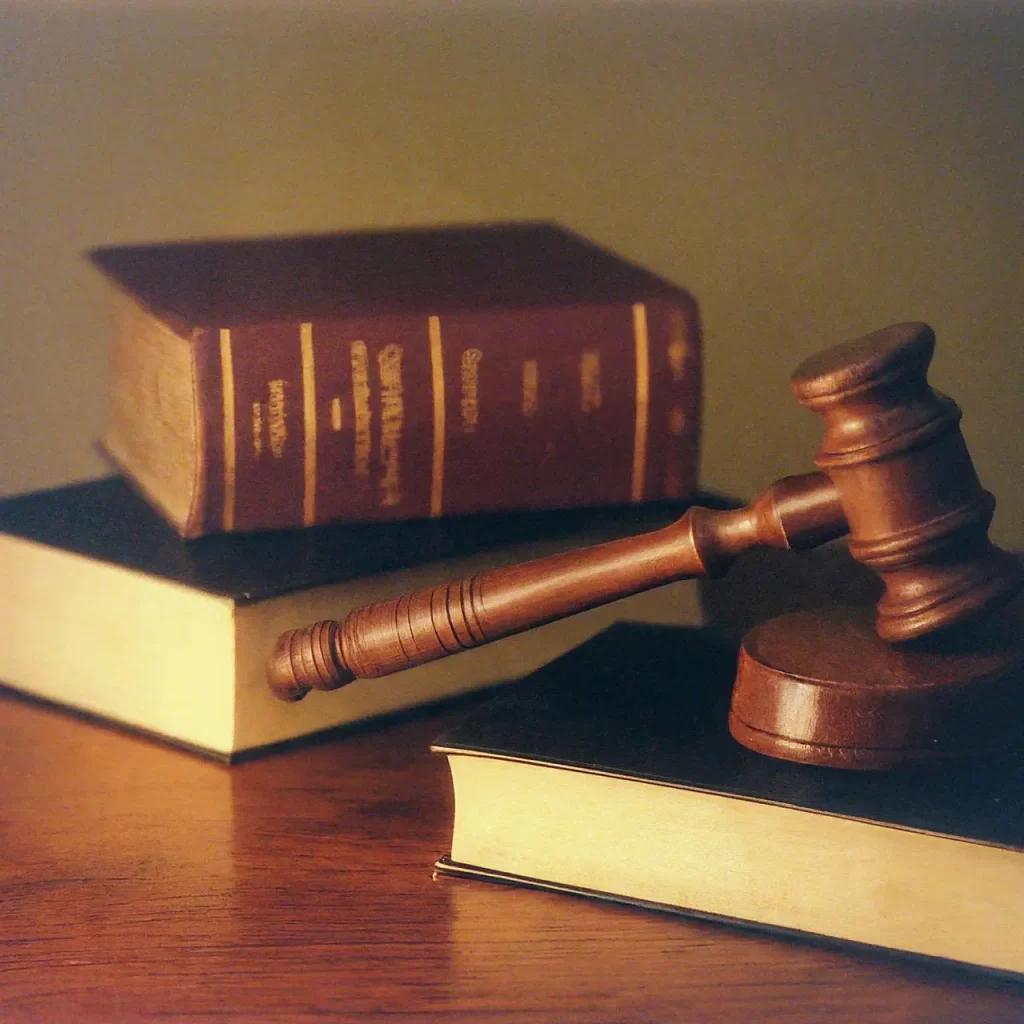In the intricate dance of justice, a New Jersey defense attorney moves with precision and passion, standing as the last bastion of hope for those accused of a crime. Their role goes far beyond mere representation; it delves into the profound depths of legal battlefields, ensuring every client’s rights are fiercely protected under the law.
Understanding the Role of an NJ Defense Attorney
An NJ defense attorney serves as more than just a legal advisor; they are a shield against the often-overwhelming might of the prosecution. From the moment of arrest, these attorneys step in to ensure that the accused’s rights are upheld, laying the groundwork for a defense strategy that can withstand the rigors of trial.
Their expertise spans a wide range of responsibilities, from negotiating with prosecutors for reduced charges to scrutinizing the evidence for any possible breaches of constitutional rights. In essence, they are the first line of defense against potential miscarriages of justice, tirelessly working to secure a fair outcome.
The Process of Defending a Criminal Case in NJ
The initial step in defending a criminal case involves an in-depth consultation between the defendant and their NJ defense attorney. This meeting is crucial for building a strong foundation, as it allows the attorney to gather all pertinent facts and begin formulating a robust defense strategy.
Following the consultation, the attorney engages in a rigorous investigation process, challenging the prosecution’s accusations and seeking evidence that could exonerate their client. This phase may include questioning witnesses, examining the crime scene, and reviewing police procedures.
With a comprehensive defense strategy in hand, the NJ defense attorney then navigates the complexities of pre-trial motions and negotiations, striving for the most favorable outcome. Should the case proceed to trial, they are prepared to advocate fiercely on their client’s behalf, utilizing their expertise to influence the jury’s decision.
Common Challenges Faced by NJ Defense Attorneys
One of the primary challenges for NJ defense attorneys is overcoming public perception. In high-profile cases, pretrial publicity can create biases that the defense must address, ensuring the client receives a fair and impartial hearing.
Additionally, the discovery of evidence can present significant hurdles. Defense attorneys often grapple with obtaining access to all the evidence held by the prosecution, a critical factor in building a credible defense.
Maintaining communication with clients can also be challenging, especially when dealing with individuals who are incarcerated. NJ defense attorneys must navigate logistical barriers to provide consistent updates and strategize effectively.
The Impact of an NJ Defense Attorney on Case Outcome
The influence of an NJ defense attorney on the outcome of a criminal case cannot be overstated. Through their meticulous preparation and deep understanding of the law, these legal professionals are often able to secure favorable results for their clients, whether that be a case dismissal, acquittal, or reduced sentencing.
Their ability to negotiate with prosecutors can lead to lesser charges or even complete avoidance of a trial, benefiting the defendant with minimal impact on their future. Moreover, a skilled NJ defense attorney can exploit weaknesses in the prosecution’s case, shifting the balance in favor of their client.
Ultimately, the presence of a competent NJ defense attorney can mean the difference between a life-changing conviction and the chance for a new beginning. Their dedication and expertise not only protect the legal rights of the accused but also ensure that justice is served within the framework of the legal system.
The essence of an NJ defense attorney’s mission is to navigate the complex waters of the legal system, ensuring justice is not just a concept but a reality for their clients. With grit, expertise, and unwavering commitment, these legal professionals stand at the forefront of the fight for fairness, embodying the crucial difference between conviction and acquittal.


